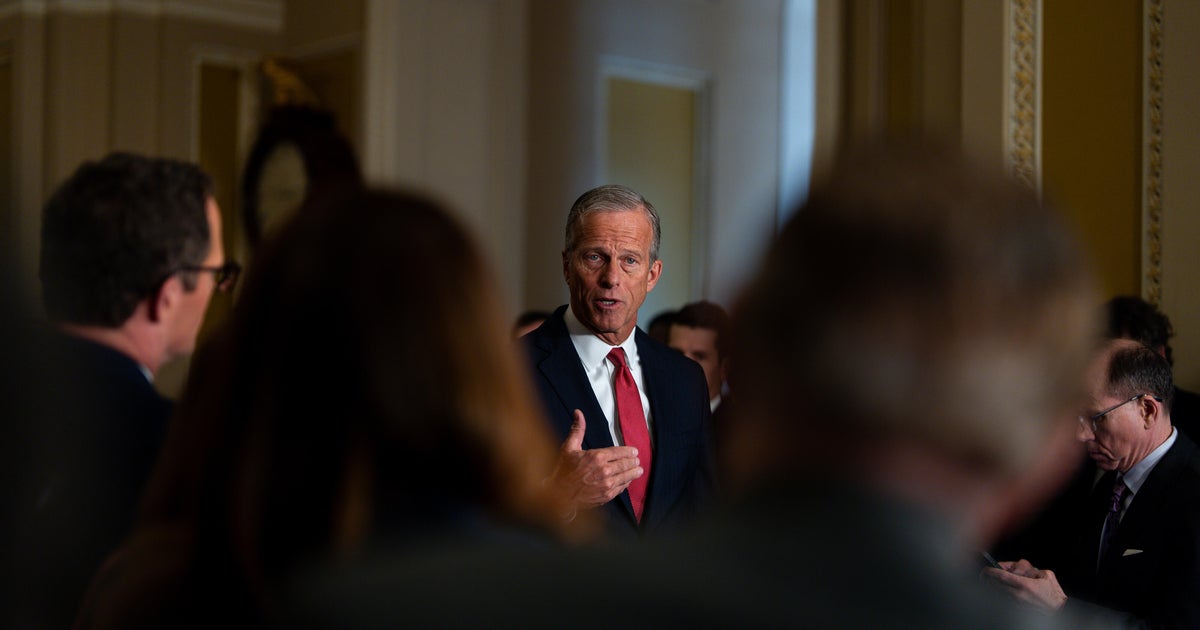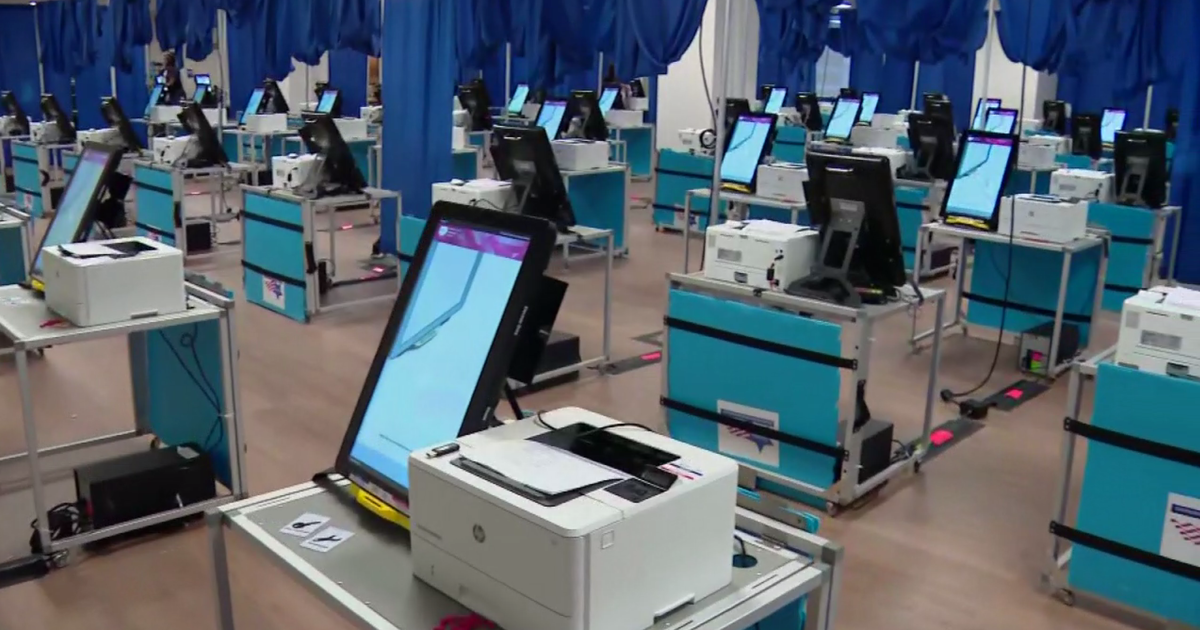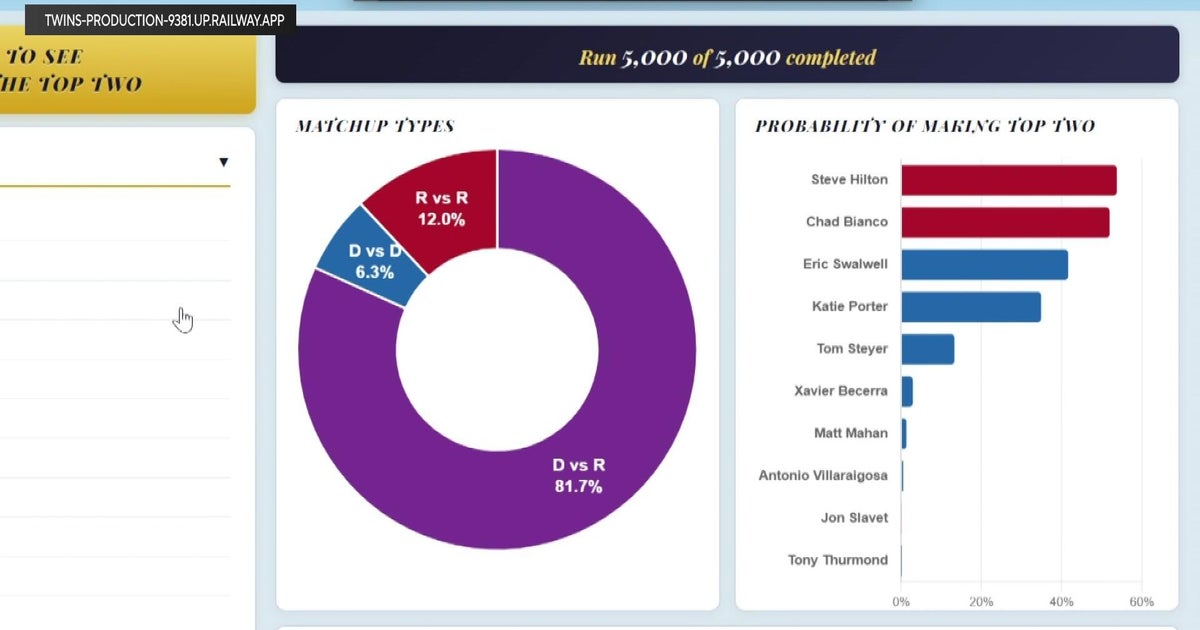Minnesota House passes "earned safe and sick" time plan guaranteeing time off work
ST. PAUL, Minn. -- The DFL-led Minnesota House on Thursday passed a proposal requiring Minnesotans get paid time off of work if they're sick or their safety is at risk.
Employees would accrue up to 48 hours, or six days, of paid time off, which could carry over if unused, but not exceed 80 hours in a single year. The "earned safe and sick time" plan, for example, covers medical appointments, short-term illness like a cold or flu, or caring for a child who may be out of school sick or because of an unexpected closure. A person would accrue one hour for every 30 hours worked.
It passed on a party-line vote of 69-54 just before midnight, after more than seven hours of debate.
"For over 900,000 Minnesota workers they don't have a single hour of paid time off to care for themselves or loved ones," said Rep. Liz Olson (DFL-Duluth), during a news conference ahead of the floor vote. "They are disproportionately women, BIPOC Minnesotans and low wage workers. These workers are faced with a terrible choice when they get sick: and can go into work, forgoing the time they would be taking care of themselves, or heading to the doctor."
The state requirement would extend to full-time and part-time employees and the provisions in the bill are the floor, not the ceiling, Olson added. Businesses could offer more generous time off benefits.
Supporters say it's essential to ensure all workers are guaranteed a much-needed benefit to take care of themselves or their family—and protect others at the workplace and their community.
"The last time I checked, germs don't know if they are making a part-time worker or a full-time worker sick," said House Majority Leader Jamie Long (DFL-Minneapolis).
Minneapolis, St. Paul, Duluth and Bloomington have already taken this step already with local ordinances. Minneapolis has an exemption for businesses with fewer than six workers; those employers need to offer unpaid time. A similar policy is in place in Duluth.
The plan faces resistance from some small businesses and Republicans, who characterize it as a "one-size-fits-all mandate" that's bad for business.
They fried to tack on a series of amendments to the bill, including part-time employees working fewer than 20 hours per week and another effort would've exempted employers who have just five people on payroll or less. Those amendments did not pass.
"Our job creators are valuable to provide the jobs we all need," said House Majority Leader Lisa Demuth (R-Cold Spring). "Those job creators also provide benefits—not mandates—but benefits and that is used as a recruitment tool and a retention tool to draw those job seekers and employees to us."
"Government mandates for paid leave is bad policy," she added. "It is not sustainable, and it is bad policy."
The legislation also spells out that the benefit can also be used for people who are victims of stalking or sexual assault and need to take time off work to see medical attention, or relocate to ensure their safety.
"We heard the same things before the (local) law passed and we've seen the same things after the laws passed, which is that implementation has been smooth and businesses fears did not pan out. And fewer workers need to go to work sick," Long said in response to criticism about the bill. "The sky didn't fall, as it turns out, in all of these cities."
The legislation is a years-long effort that has previously passed the House but faced obstacles in a Senate when Republicans had a majority. Like many other priorities for Democrats moving quickly at the capitol, the proposal for accrued paid time off is inching closer to becoming law. There is a similar proposal advancing in the Senate.








